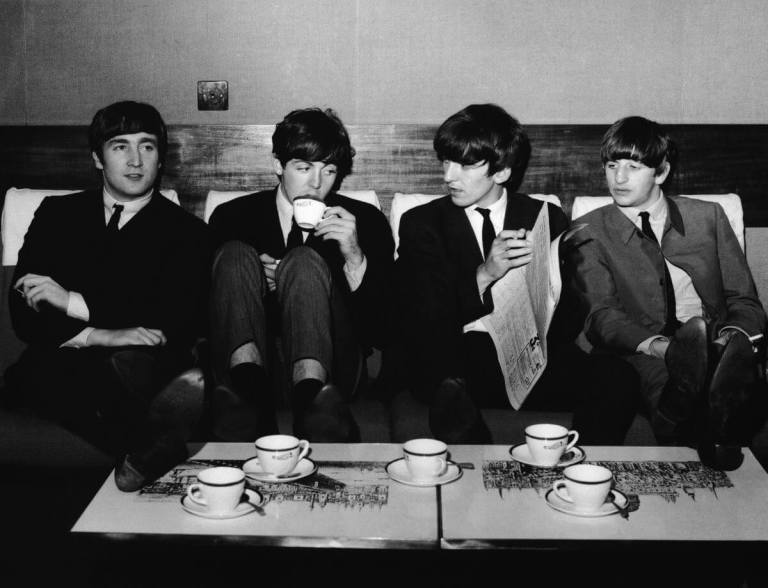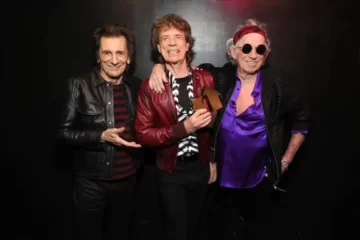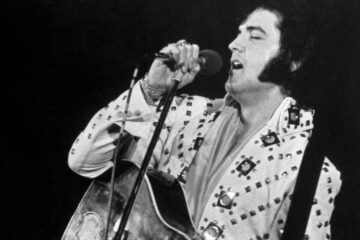The 1960s witnessed the emergence of two iconic figures, The Beatles and Kurt Vonnegut, who each left an incredibly significant mark on the era. In particular, Vonnegut’s 1969 masterpiece, Slaughterhouse-Five, stands as an enduring anti-war literary gem, while The Beatles, from the dawn of the decade, left an unmatched imprint on the cultural landscape.
What further connects these luminaries is Vonnegut’s subtle yet recurrent references to The Beatles within his body of work. In Slaughterhouse-Five, he alludes to the band’s poignant song ‘I Am the Walrus’, and glimpses of the band’s influence can be discerned in other notable Vonnegut works such as Cat’s Cradle. These references are hardly surprising, given the omnipresence and cultural omnipotence that The Beatles had achieved during that transformative period.
In Vonnegut’s 1997 novel Timequake, he regarded the foursome considerably highly, saying, “I say in speeches that a plausible mission of artists is to make people appreciate being alive at least a little bit. I am then asked if I know of any artists who pulled that off. I reply, ‘The Beatles did’”. He also gave significant credit to the blues genre, stating that many of rock’s most prominent figures, like The Beatles and Elvis, owe much of their success to the blues.
Interestingly, however, Vonnegut didn’t share the same praise for one of the era’s other major players, Bob Dylan. In a 1991 interview with Hustler, Vonnegut was asked about his musical tastes, to which he quipped, “I hate rap. The Beatles have made a substantial contribution. Bob Dylan, however, is the worst poet alive. He can maybe get one good line in a song, and the rest is gibberish.”
Despite strongly disliking Bob Dylan, he did express his admiration for many outside of The Beatles and in the classical realm, stating, “I like Strauss and Mozart and all that. And I have arranged for a Strauss waltz to be played as you depart, so you can waltz the heck out of here when it is time to go. For those of you who don’t know how to waltz, nothing could be easier and more human.”
However, as far as earning the highest possible purpose of art – making people happy – no one held a candle to The Beatles in his eyes. Aside from holding a deep admiration for the renowned British rock band, he also appreciated John Lennon’s anti-Vietnam War stance and reportedly found inspiration in their music while writing. Furthermore, he cultivated a friendship through letters with George Harrison, whose album Living in the Material World drew its title from a line within Slaughterhouse-Five.
Much like The Beatles, who skilfully blended humour with incisive critiques of political regimes and warfare, Vonnegut’s literary works embraced a similar approach. Both recognised that hilarity could be a powerful tool to confront the world’s horrors, providing readers with a unique perspective that allowed them to laugh at life’s absurdities while reflecting on its darker aspects.




